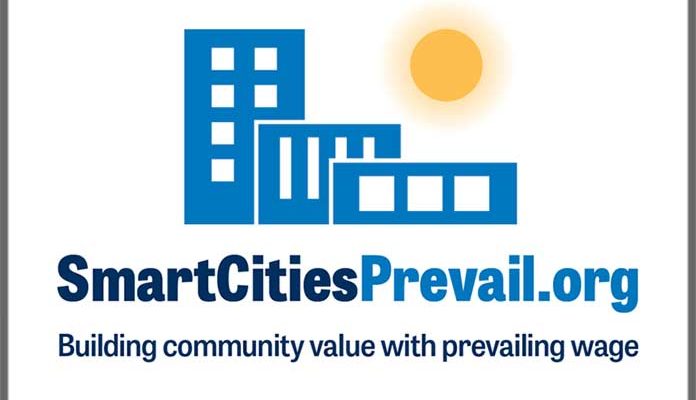Bay City News Service
Published 6:44 pm PST, Tuesday, February 12, 2019
The Santa Clara County Board of Supervisors voted unanimously to stand with workers who have experienced wage theft or abuse from their employers by increasing the budget of its enforcement office by $500,000 on Tuesday.
The decision brings the Office of Labor Standards Enforcement’s overall funding to $1 million, which will be directed toward multilingual workers’ rights trainings, individual interviews for workers who report abuse and greater partnerships with community-based rights organizations.
The training curriculum may include education on human and labor trafficking, wage theft, sexual assault, sexual harassment, and retaliation, as the office moves toward expanding its purview in these areas.
The office was established in November 2017, but many workers argued its scope was limited. Some individuals said they had won settlements against their employers, but the money had not yet been awarded to them due to a lack of enforcement.
The supervisors’ vote begins to address funding for both issues.
“This decision will have a major impact on wage theft in Santa Clara County and help to protect workers from wage theft, human trafficking and sexual assault,” Derecka Mehrens, executive director of Working Partnerships USA, said in a news release.
Smaller local organizations, such as those directed to Vietnamese, Filipino and Chinese-American communities, will be able to work with the county to identify industries that frequently violate the law.










